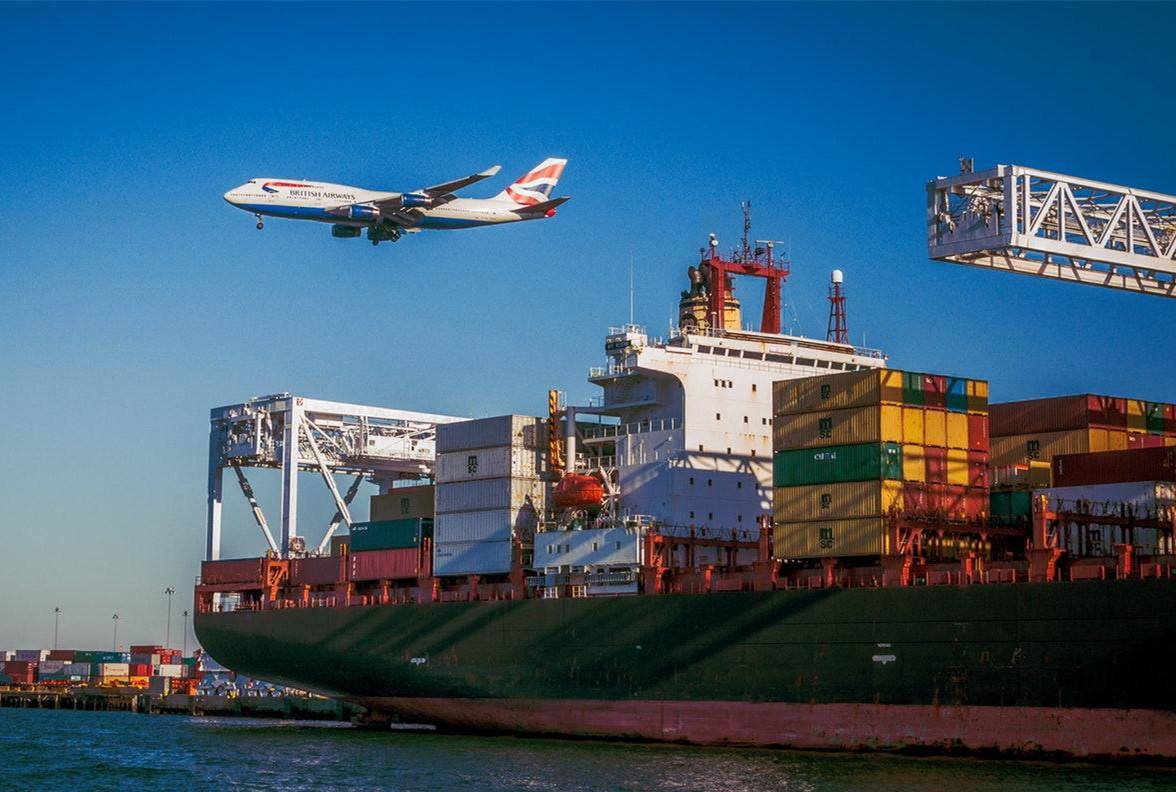Barge surcharges in Europe have soared 150% due to inland congestion and demand for container shipping competing with demand for coal following Russia's decision to cut gas supplies.
Contargo, Europe's leading barge operator, announced that it will raise its emergency surcharge (emergency surcharge) from 10 euros to 25 euros per full or empty container delivered from Sept. 1, causing new pain for shippers facing a week-long Rhine closure.
Contargo said: "In addition to the large number of problems already in the seaport (ship delays, container receiving restrictions, etc.), serious bottlenecks continue to affect our services in the rail network and inland shipping.
" "Container barge traffic has to compete with coal and grain traffic for the limited capacity available. Persistent very low water levels on the Rhine and its tributaries have increased the demand for additional vessels and pushed prices up to critical levels.
" Barge users experienced a brief respite as rainfall pushed up the Rhine for the first time in a month, reaching 100 cm in the Kaub section.
However, sources said this did not ease congestion because while more barges were moving after the river closure, many barge capacity was largely underutilized. One barge owner said, "Before low water, a barge could carry nearly 5,000 tons of cargo, but now the same cargo is spread out over three to four vessels.
" "Changing barges at inland terminals is usually a time-consuming operation, and a 5,000-ton barge usually takes about two days to transport. Now, the same amount of cargo will be transported by a different vessel, which will take about a week.
" Similar problems exist with container shipments, with many barges originally capable of carrying 200 containers, but currently able to carry only 65.
The impact is also being felt throughout the deep-sea terminals, as barge replacements have led to inefficiencies and idle cranes and workers in an already "severely strained" market and berth capacity.
Alternatives to barges remain limited, with rail capacity overbooked due to low water levels, and congestion exacerbated by construction and train cancellations.
Contargo said it is trying to make up for this loss by creating additional capacity for barge users, but noted that barge traffic still "suffers from a shortage of cargo space.
The shortage is not due to underutilization but is driven by demand for coal shipments in Germany, which wants to prevent Russia from cutting off gas supplies, the sources said.
